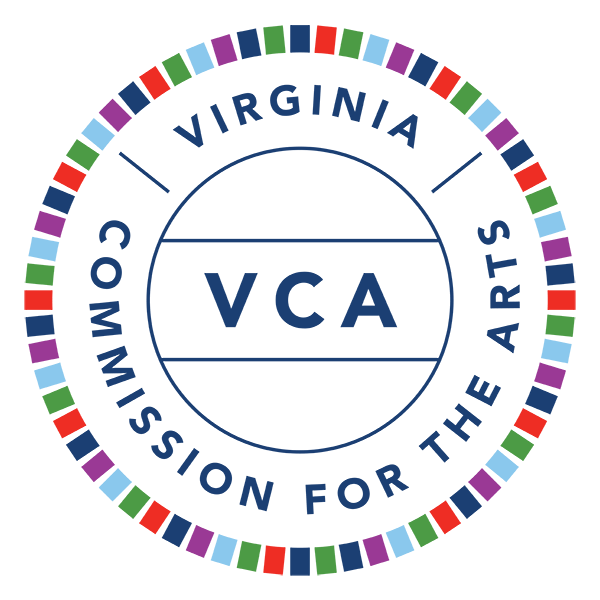Educational Background/Training
- BFA Florida Atlantic University in Acting/Directing
- M.Lit Mary Baldwin University in conjunction with the American Shakespeare Center in Shakespearian and Renaissance Literature and Performance
- MFA Mary Baldwin University in conjunction with the American Shakespeare Center in Shakespearian and Renaissance Acting
- Extensive work, intensives, classes in Laban, Commedia, Restoration Theatre, stage-combat, and dramaturgy
- Extensive training in classical ballet, classic jazz, and other dance styles
- Extensive training and PD on creating and implementing Socio-Emotional arts education
About the Artist/Ensemble
Corey (She/her) trained in Cecchetti ballet and Luigi/Hatchett style jazz in South Florida. She earned her bachelor’s from Florida Atlantic University in Acting/Directing. Following her love of classic theatre, Corey earned her MLit and MFA IN Shakespeare and Renaissance Literature in Performance from Mary Baldwin University, in conjunction with the American Shakespeare Center. Corey served as the Artistic director with StepVa, teaching dance and theatre to students and adults with special needs, now excitedly serving as on the StepVa Board. Corey co-founded Good Mischief Makers in 2020, reimagining the staged reading for both classroom and performance purposes in a “time of Covid”. Corey has taught theatre, dance, and directed in both the public school system and in private conservatories in northern Virginia, proudly being on the artistic team of the high school state VHSL champions two years in a row. In 2021,she was hired to create a socio-emotional theatre curriculum by the National Educational Theatre Association. Corey is also proud to be on a steering committee for the Arts education Dashboard working for the Virginia Coalition for Fine Arts Education. Corey is currently the Director of Education at the historic Wayne Theatre in Waynesboro, Virginia, choreographing frequently for the Wayne Mainstage and directing for Studio Wayne. This year, The National Endowment of the Arts, the Poetry Foundation, and the Virginia Commission for the Arts moved the housing of Poetry out Loud to the Wayne Theatre, with Corey taking on the position of State Chair of the nationwide competition. Corey practices consent based theatre and is a firm practitioner in ethical, socio-emotional practices being preventative mental health care. She is grateful for every collaboration she has, with actors, technicians, students, and the community and believes that movement and performance are a “universal language”
Educational Program Description
Flexible, based on the interests and needs of the organization and students. Dance, Acting, Movement-based theatre (Laban), Classical theatre,dramaturgy, and workshops for performers with special needs are areas of specialty. Arts Integrated workshops can be collaboratively tailored with instructors for integrating theatre into non-art subjects, thus providing opportunity to share techniques which can be used in the classroom beyond residency. She is passionate about working with theatre educators to implement Social-emotional aspects into their arts curriculum.
Storytelling and character building through Laban
In this workshop students will explore movement as a creative tool to express themselves; giving performers an easy, naturally accessible way for all types of movers to create and sustain a physical reality of movement vocabulary for a specific character. We will create a physical vocabulary to express the internal voice of our character (or ourselves), creating a sustainable character that is dynamic and leaving the performers with a skill set to carry into future character driven or movement driven work. This workshop is perfect for all performers and all abilities.
So Much More Than (penta)Meter!
In this workshop we will do a physical component to putting Shakespeare’s meter and use of rhetoric into our bodies. Students will explore iambic pentameter, rhetorical devices like polyptoton, zeugma, anaphora, etc, and use the text to inform physical choices and characterization, workshopping these further through scene and monologue work. This workshop is best suited for students 13 and up.
Audiences
- All Ages

